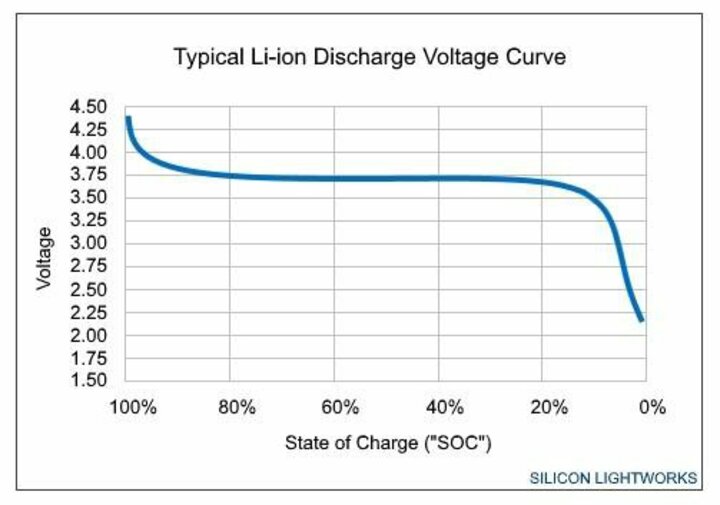Geo-TH,In
Well-known Member
I don't remember what I used at Crane Naval base as a standard voltage source to calibrate their voltmeters with. Been over 50 years ago.
I think A mercury battery would make a good standard reliable voltage. The voltage during discharge remains practically constant at 1.35 volts.
Every battery I've used doesn't have a constant voltage. The voltage changes with age.
What would you consider a reliable voltage source to check a voltmeter's accuracy?
What do you use to make sure your voltmeters are accurate?
Yes, I have too much time on my hands now it's cold outside.
Please do your best to just answer my question and not rant about something else. Thank you.
I think A mercury battery would make a good standard reliable voltage. The voltage during discharge remains practically constant at 1.35 volts.
Every battery I've used doesn't have a constant voltage. The voltage changes with age.
What would you consider a reliable voltage source to check a voltmeter's accuracy?
What do you use to make sure your voltmeters are accurate?
Yes, I have too much time on my hands now it's cold outside.
Please do your best to just answer my question and not rant about something else. Thank you.


